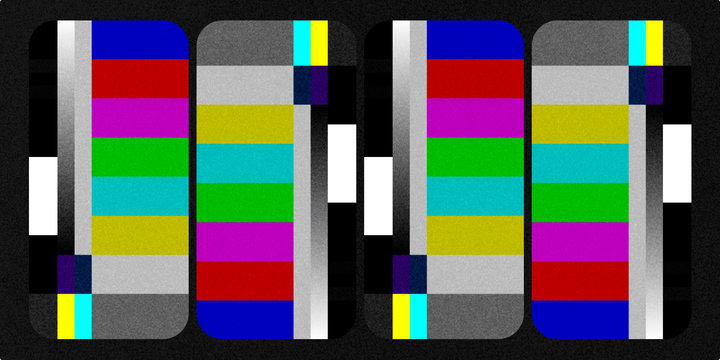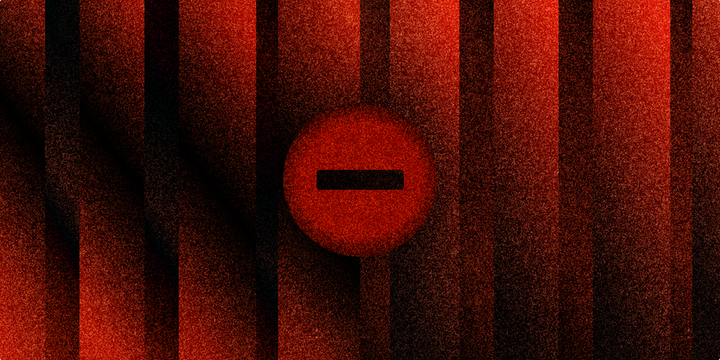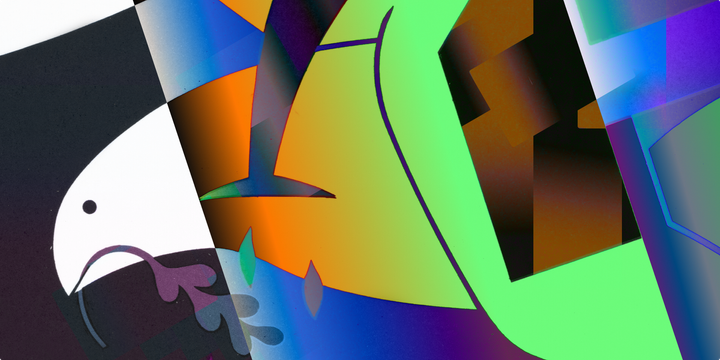A fish out of water, without water
These groups are vital; they provide rituals and symbols, creating a framework of rules. Within these rules, we either generate new systems or contribute to existing ones. These systems are where we find, know and perceive ourselves, as long as we are human.

Consider the experience of finding yourself emotionally tied to an idea, a figure, or an idol. This bond often forms without explicit consent, creating a deep and personal connection. The environment plays a significant role in this process, actively enforcing rituals and broadcasting the hymns of the structure. Assimilation into the identities of these systems often occurs passively. The hymns, rituals, and stories, ingrained from an early age, become concrete components of your identity. While growing up, you may perceive this indoctrination as consensual, but such consent is often a byproduct of being born into a structure resembling a cult. In such a structure, stepping outside the accepted rituals risks ostracization, and being an outcast in this world can feel like a prelude to personal demise.
The nature of these structures makes them inescapable and resistant to change. The rituals become habits, and our inherent reluctance to change habits, regardless of the cost, perpetuates the cycle. When attempting to break away from one structure, another often presents itself, masquerading as a saviour or a path to freedom. Yet, by its very nature, this new structure is often no different from the one left behind.
At the core, we as individuals cannot be individuals without being part of a community. An individual needs a group to define and distinguish themselves. The key to individualization lies in recognizing the contrast between oneself and the related group, or between oneself and the surrounding groups. Without such groups, a human is just a lonely animal wandering the Earth. These groups are vital; they provide rituals and symbols, creating a framework of rules. Within these rules, we either generate new systems or contribute to existing ones. These systems are where we find, know and perceive ourselves, as long as we are human. Once we cease to be human, we cease to exist within these systems and ultimately we cease to exist.
In my own experience, I found myself breaking away from certain structures that I was supposed to assume while growing up, yet couldn't, perhaps due to my diverse environment with different cultures, languages, and most importantly, entertainment media. This eventually led me to break away from the idols and myths that were deemed untouchable. The itch inside of me challenged these identities and the false histories and fabricated myths of my Ishkur and my Ea. Yet, they still hold sway over the land I once inhabited. Discussing my breakaway is complicated when addressing those from these lands, but perhaps one day, they will recognize that 'two' isn't just a matter of black-and-white contrast... They will if they are no longer comfortable.




